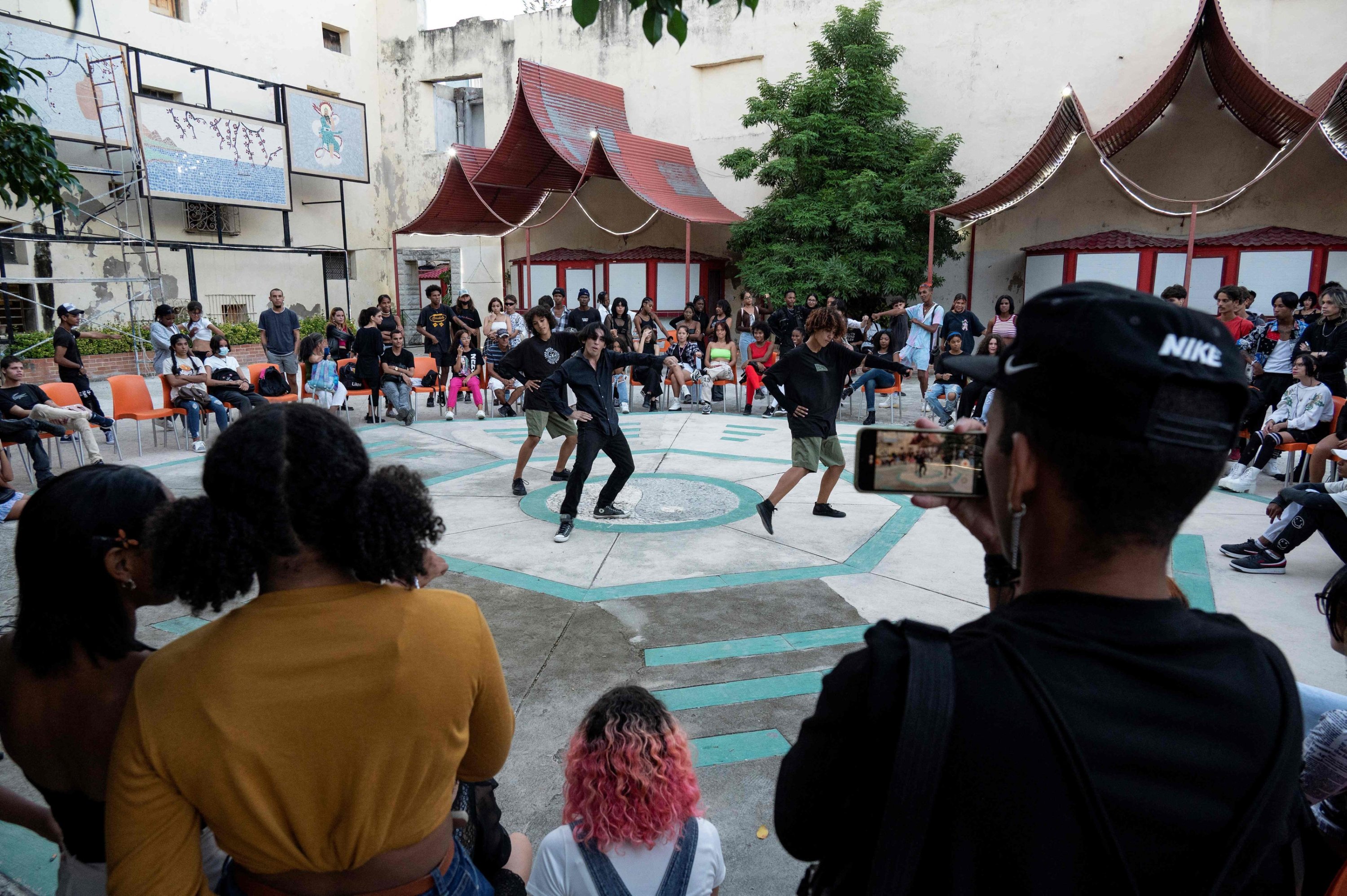© Turkuvaz Haberleşme ve Yayıncılık 2026
The K-pop craze is now taking over Cuba.
K-pop, the South Korean sensation that has already swept over much of the rest of the world, has (finally) made it to the shores of a communist isle that once banned the music of the Beatles.
"I am myself (with) K-pop. I can free myself," claimed aficionado Mikel Caballero, a 17-year-old who, like many of his peers, spends hours each week perfecting the carefully choreographed paces of South Korean sensations like BTS and Blackpink.
Since Cubans gained access to the mobile internet just five years ago, much has changed in a nation where the one-party state nevertheless retains a firm grip on many aspects of life.
There are ride and food-delivery apps, social media and access to some entertainment sites such as YouTube.
Some Cubans now celebrate Halloween, one of the quintessential festivals of the U.S. – which has held sanctions against Caribbean nations for more than six decades.
Caballero's friend Samyla Trujillo has been a K-pop devotee for the last four of her 14 years on Earth.
"When I saw BTS ... I told myself: 'I want to dance like them,'" Trujillo told Agence France-Presse (AFP), her hair dyed bright red in homage to the fashion of her idols.
"And then, when they showed me Blackpink, I thought: 'Ooh, they're girls, I want to be like them!'"
She has posters and T-shirts plastered with K-pop artists' faces and watches K-dramas with subtitles.
In the house she shares with her grandmother in the capital, Havana, Trujillo regularly transforms the lounge into a dance floor for her and Caballero to practice the steps for their K-pop routines.
It is serious business: one day, Trujillo – who was in a traditional Caribbean dance troupe as a child – hopes to become Cuba's first home-grown K-pop idol.
For Trujillo and Caballero, the dream is to go to Seoul one day. "I like everything from there," the 17-year-old told AFP with bright eyes.
Cuba has diplomatic ties with fellow communist nation North Korea but not with its democratic neighbor to the south.

Alejandro Achin, 21, said K-pop "is a completely new experience" for Cubans, who are "used to always the same rhythm, the same routine" of salsa and Reggaeton.
In 2019, Achin realized a personal dream of performing in Seoul after winning an amateur K-pop competition with his group in Havana.
For Hohyun Joung, who teaches at a South Korean cultural and language center that opened its doors in the Cuban capital last year, K-pop has a universal appeal that transcends politics.
"In Korean songs ... most of them express the concerns of young people, what they think, their concern about the future," the South Korean national told AFP.
The center where she teaches with four Cubans has 150 students and not enough space to admit more as the appetite for everything South Korean keeps growing.
Student Ia Gonzalez, 20, has been learning Korean at the center for several months and gets excited every time she recognizes a word in some of her favorite K-pop songs.
"Korean is not difficult. There are difficult parts, but when you really love what you're doing, you invest impetus and passion and you can learn," she told AFP.
